
Movements Vol. III
For a Systemic-Dialectical & Multi-Layered - Multi-Focus Approach to “Psychopathology”
Scientific Supervisors & Trainers
Alexia Kleisoura
Psychiatrist, Psychotherapist
Lycourgos Karatzaferis
Psychiatrist, Psychotherapist
March 2024
March 27, April 24, May 29, June 26, July 2024, September 25, October 30, November 27, December 18
AIA Exarchia
6 Deligianni - Athens 106 83
Duration
36 hours over 9 monthly meetings on Wednesdays, from 10:00 to 13:30
Description
Working with individuals and living systems in the era we are experiencing continually presents us with new challenges. Knowledge fields are expanding through deepening, and the development of a perspective from our side that combines knowledge and responds to the changes occurring socially seems to be urging us, more than ever, to study and work collectively and synthetically. “Movements” seminar aims, at its first level, to explore the field of psychopathology as developed through the lens of psychiatry and to reflect upon it using systemic thinking and perspective. Additionally, its goal is to explore an epistemology that focuses on developing dialogue, posing questions, utilizing personal and collective experiences, and the emergence of the counter-argument through experiential work, the use of art, and case studies. In “Movements,” we are all invited to shift our positions, knowledge, and roles, and to speak about the difficult things, what we fear, and our boundaries as therapists, both individually and collectively.
Objective
At the celebratory Interdisciplinary Two-Day Event for AKMA’s 60th anniversary, we opened the question of the seminar’s goal in an open process. The sequence of groups serves as our compass:
“I need a seminar oriented toward life, one that moves away from labels and an exclusive focus on diagnostic models, which will help me connect with people and not with diagnoses; to see the person and not the disorder. I need a seminar that will explore the socio-political, familial, and cultural contexts contributing to what is ultimately expressed as a mental disorder, one that allows space for both the therapist’s perspective and the individual’s lived experience, which will foster the creation of fruitful, supportive relationships among colleagues, equipping us for a more ‘holistic’ view.”
In such a process, my personal story is crucial. My own story will honor the trauma of the person I encounter. To achieve this, I need to undergo a personal revolution, where I, with faith, hope, trust in myself, and safety in the relationship, can be myself. I need a seminar where stories will be heard, where sharing takes place, within a framework of trust, so that I can take my time, connect with myself, my difficult truths, and with meaning. Beyond diagnoses, man resides.
However, the person also has boundaries. I need to be able to recognize my limits, where my resilience ends, how I stand as a professional in relation to symptoms, and how these enter the relationship. I’m talking about a seminar that will discuss boundaries, because life is ruthless and calls me to find my desires, not to hide behind my ego, but also not to fall into an unconditional offering. I need a seminar that will help me love and accept myself so that I can cultivate love and acceptance for the other, the patient.
The above needs care. And care can be provided through some supervisory process that will take care of the therapist while simultaneously building a type of community. Others are important, and they can help me take responsibility. I need a seminar to take responsibility, not to avoid it because “psychopathology” often offers an excuse to dispose of a person.
In the end, I need vision, network, persistence, and relationship orientation to go through the chaos and endure within the symptom until I learn my strengths. After all, don’t I, as a mental health professional, have longings? Perhaps I too, as a professional, need to speak about my own madness?
Methodology
The foundations of the whole endeavor are systemic perspectives, the study of epistemologies regarding the viewing of human discomfort, and for this purpose, both a theoretical part with presentations and a more experiential educational process will be employed. This includes exercises with vignettes, excerpts from films, case presentations, discussion, reflection, questions for exploration, etc. Additionally, the participation and presentation of members will be encouraged, and peer supervision groups will be created.
Recommended For
The program is designed for members of the AIA community who work closely with individuals experiencing intense mental distress. The seminar is structured to accommodate various levels of involvement in clinical practice, integrating people from different educational backgrounds.
Academic Prerequisites
Social scientists and psychologists.

